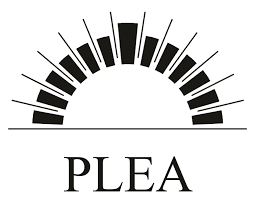This paper tackles the environmental and social challenges that have emerged in the aftermath of the recent economic crisis. The acute recession that has dramatically struck Europe has had devastating consequences, not only for national economies but also for the population. In the Spanish case, its high dependence on an over stimulated construction sector led the country to a sudden recession. Defaults related to real state became commonplace and credit was halted. Without access to credit, most companies (including but not limited to real state) started to cease their activity. It had a double consequence: On the one hand, the number of evictions increased dramatically as households without regular income could not repay their mortgages. On the other hand, suburbs were filled with ‘ghost towns’ of unfinished buildings and empty states, which were abandoned by bankrupted developers.
The paper reports on a research that aims to provide a feasible housing alternative for crisis-affected families and young people who intend to emancipate in this harsh scenario. It is a short term plan based on the temporal colonization of unfinished buildings. The structures will be retrofitted with low cost and high performance solutions to create environmental quality within the boundaries of the existing frame. These interventions will also reactivate those deserted suburban enclaves where they have been erected thus protecting them from informal occupancy. Architectural solutions will qualify the urban environment while responding to urgent housing needs without compromising the legitimate rights of landowners.
Crisis Architecture: Colonising unfinished residential structures
This entry was posted in Conference Paper. Bookmark the permalink.

